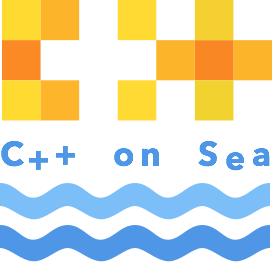The voting on the talks for Meeting C++ 2020 begins!
The yearly voting for the program of the yearly Meeting C++ Conference has started!
The voting on the talks for Meeting C++ 2020 begins!
by Jens Weller
From the article:
With today, you can start to vote on all submitted talks for Meeting C++ 2020! As 2020 is a bit special, it is less talks, but also this years conference will only feature one track, the voting will give me guiding in which talks to choose from speakers with multiple talks, but also will help to see which other speakers might should make it to the conference. Unlike prior years the main track can't be the mostly consisting out of the most popular talks of the voting.

